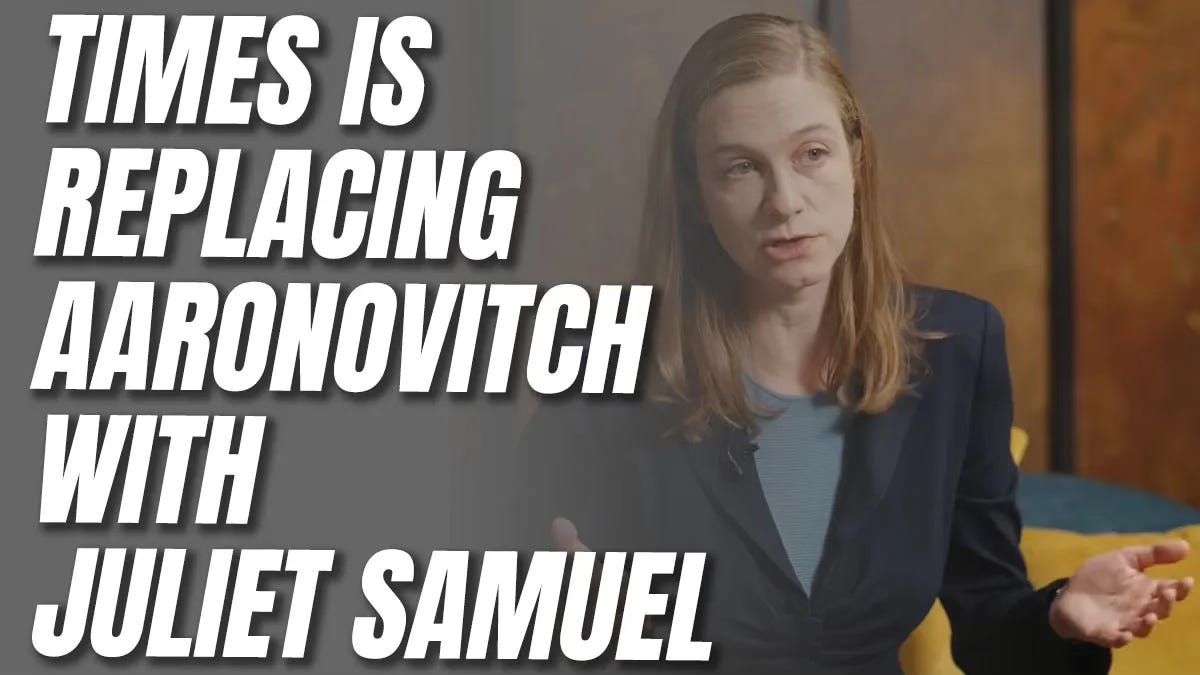Stackin' that Sub
How it's turned out better than I expected
This is a revised version of an article commissioned for the British Journalism Review and appears here with their agreement. It’s very journo-oriented, so may not be of interest to everyone.
Introduction
Just over a year ago the Spectator celebrated my enforced departure from the Times. Written by its anonymous columnist Steerpike (and thus eminently deniable), the magazine’s piece speculated that I had lost my job for being a boring Blairite who had spent “almost two decades farting out his centrist dad radicalism from the paper of record”. Steerpike then predicted the same for various “Cameroons” - who I imagine he didn’t name because some of them still write for the Spectator.
Steerpike’s complaint appeared to be that people like me hadn’t altered enough in our ideas recently. I imagine he (the unnecessary public school “fart” gives away both his sex and his education) was contrasting us “Blairites” with commentators on the Right who have indeed managed to radically update their thinking, moving like sleepwalkers from “what’s so wrong with Norway?” in 2016 by slow degree through “what’s so bad about Trump?” to recently achieve “what’s so wrong with Putin?”
“We can all take comfort” concluded Steerpike satirically, “in the fact he [me] will have a new Substack, natch”. If a liberal had written that it would have been called a sneer. I have to admit to a consequent fugitive desire that the magazine does indeed get taken over by the consortium backed by the United Arab Emirates and forces its columnist to write in praise of Islam. Though I’m sure Steerpike will adapt.
My Substack story
Last week I got an email from Substack. “Congratulations! “You’ve published 44 weeks in a row”, it told me. “That’s longer than 94% of writers. Keep your streak and start your next draft”. So I did, just like I always try and do my 10000 steps - I like to please the algorithm.
The story of I learned to stop worrying and love my Substack starts just before Christmas 2022 when - 20 minutes after filing that week’s column - I was summoned on to a zoom call with two people I had never met before and told that after nearly 18 years I was no longer wanted at The Times. New ideas were needed and a severance proposal was in its way. For the first time in my career I was being fired.
I had expected it for years in a kind of general way. I had seen too many good colleagues lose their jobs over the years to think I either was or should be somehow immune. Even so the absence of any warning signs or of any conversations with the editor meant that the speed and brutality of it took me by surprise. It was a bit humiliating but the pay-off wasn’t ungenerous and I worked for another 10 weeks after that first conversation.



